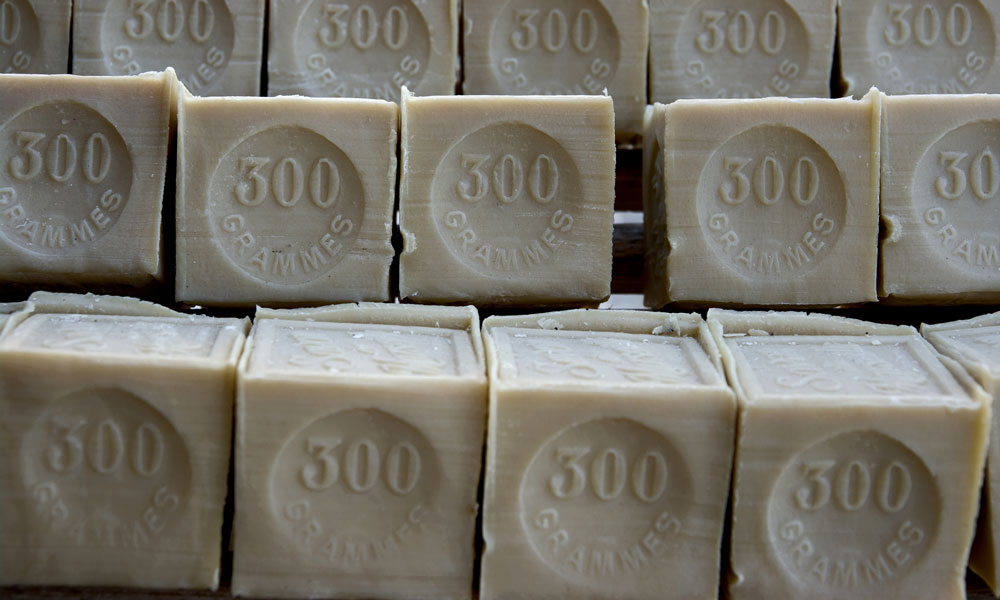
A Sudsy Problem: French Soap-Making Specialists Debate Over Recipe
Savon de Marseille is popular soap variety, but a debate over the recipe and the rules for where it is produced have groups representing soap makers worked up into a lather.
From Parmigiano-Reggiano cheese to Champagne, industry groups have been fiercely protective of their most popular products—especially those linked to a famous location.
But a trade group for a popular variety of French soap is in hot water over an attempt to allow modern ingredients into locally produced variations of “savon de Marseille,” or Marseille soap.
The Association of Makers of Savon de Marseille, which has asked the French government to establish a “geographical indication” for the soap to distinguish it from cheaper versions made in China and Turkey, is making the case that additives such as palm oil or copra oil should be acceptable additions to the the traditional recipe. But AFSM, which represents large companies, including the cosmetics retailer L’Occitane, has run into resistance from a group of master soap makers who want to preserve product purity.
Their view is supported by the Union des Professionnels du Savon de Marseille, which which has established its own set of criteria for verifying the integrity of the soap, including a requirement that it be produced by soap makers in the city of Marseille—while ASFM currently represents makers in a larger region.
The purist approach appears to have won the public’s favor: A Change.org petition seeking a narrow definition of savon de Marseille has received nearly 125,000 signatures.
Despite this, the ASFM has remained steadfast. The group says there’s good reason to update the recipe to allow for materials like lavender.
“The ancient recipe is outmoded,” ASFM General Secretary Emilie Grangeon told The New York Times. “We should be able to improve the quality.”
The conflict has apparently gotten bad enough, France24 reports, that the sides are only talking to one another through intermediaries.
Meanwhile, the French government has set up a panel to investigate the debate and is expected to issue a decision in September. If it grants the request for a geographical indication, savon de Marseille would be the first manufactured product to receive the honor, which is generally associated with food and drink.
(iStock/Thinkstock)






Comments